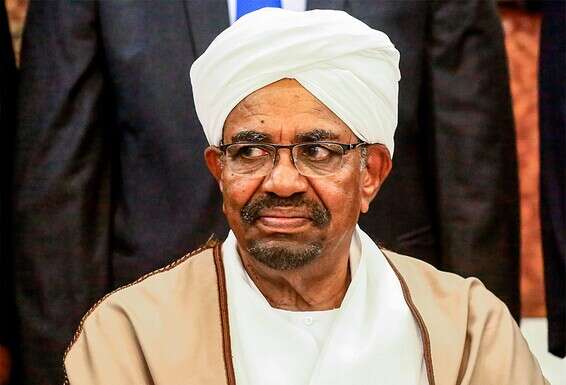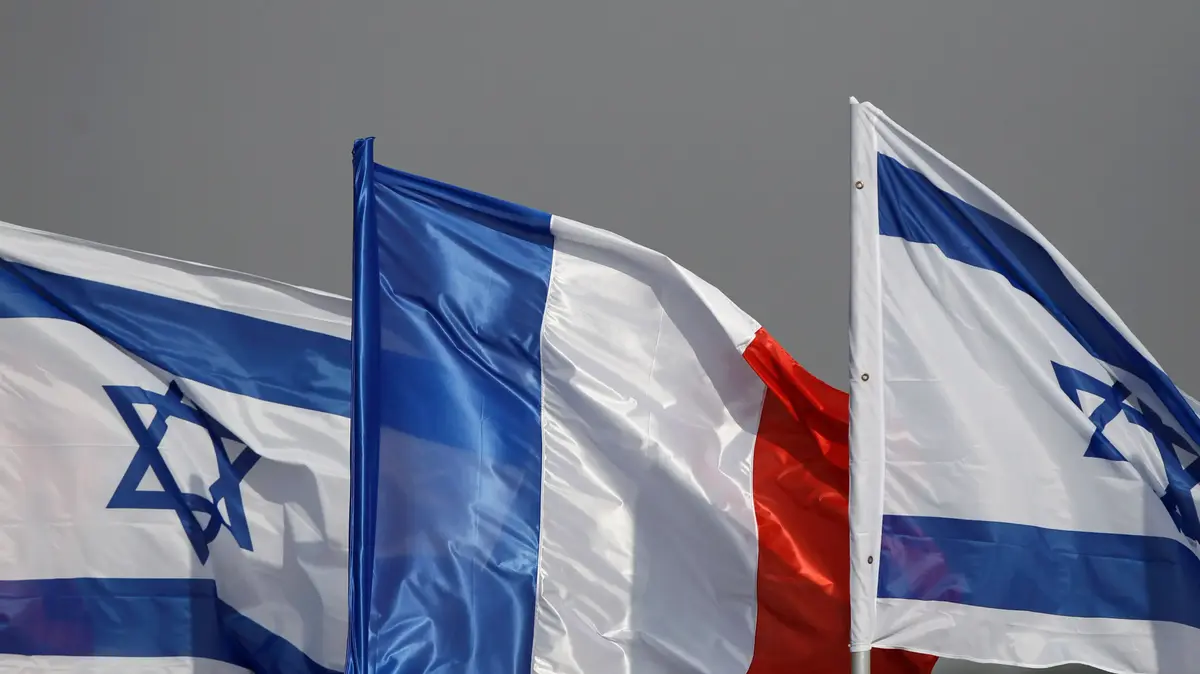The dictatorial regime in Sudan has collapsed, ties with Iran have been severed and Erdogan's courtship has been postponed • Israel's negative image has also weakened, but the road to true peace is still long • Interpretation
The head of the sovereign council al-Burhan and Prime Minister Hamdukh in Sudan
Photography:
AFP
The normalization agreement between Israel and Sudan is a success story for both sides, in which there are no losers, only winners.
Sudan, thanks to the agreement, has received an economic rescue rope from huge debts of $ 60 billion and a horizon of return to the family of nations, after being removed from the list of countries supporting terrorism.
Israel has received much more than a shortened air corridor to South America: an optimistic forecast for a domino effect and further collapses in the Arab hostility wall.
Khair Allah, one of the most important writers and thinkers in the Arab world, wrote yesterday that Sudan's decision to normalize its relations with Israel expresses disconnection and release from three barriers that gripped the throat of this great country and threatened to collapse it altogether.
The first barrier is the Islamic barrier.
A long period of Muslim Brotherhood rule under the leadership of dictator Omar al-Bashir has pushed Sudan to religious extremism, which has manifested itself, among other things, in providing shelter and refuge for al-Qaeda and bin Laden and in providing weapons assistance to Hamas and Hezbollah members.
The removal of the dictator led to the repeal of draconian laws in the spirit of ISIS, such as, for example, execution on charges of heresy in Islam.
Alcohol was allowed and women were banned from circumcision.
The second barrier was an attempt by the regional powers, Turkey and Iran, to turn Sudan into a front base that would help expand their influence.
The severance of ties with Iran and the postponement of Erdogan's efforts to establish a base on the Red Sea coast paved the way for ties with Israel.
The third barrier was the image of Israel as a cancer in the body of the Arab nation.
An apartheid state whose main focus is on massacring Palestinians and planning the best way to destroy the al-Aqsa Mosque.
This negative image of Israel, which Bashir's regime helped cultivate, dissolved with his ouster.
Sudan, on the advice of Trump, Saudi Arabia's Salman and Emirates ruler Ben Zaid has decided to change direction.
The Arab writer and thinker warns that despite breaking free from the three barriers - Sudan's path to democracy and economic growth will not succeed if it does not learn to overcome the controversies, disagreements and conflicts between the traditional parties and the many tribes in the country.
And perhaps this is the place to add another warning note for us: the accession of three Arab states to the peace circle with Israel is certainly impressive and heartwarming, but it should be remembered that at this stage it is still an agreement between rulers only, not an agreement between peoples.
Many Egyptians and Jordanians still feel great hostility and hatred for Israel.
Bahrain has a Shiite majority, partly influenced by Iran and opposes any agreement with Israel, and Sudan also has partner parties in the government, which believe it is a "humiliating surrender" of their country to extortion by Israel and the United States.
Opponents of the agreement in Sudan have even argued that the head of the Provisional Council, 'Abd al-Fatah al-Burhan, pushed for normalization and the removal of Sudan from the list of supporters of terrorism mainly to ensure his election as president in the 2022 elections.
The reason: if elected president he would be able to obtain immunity from accusations that he was an indirect partner in the massacres in Darfur.
The bottom line is a reminder that the peace agreements between Israel and the leaders of five Arab countries and others to come, inshallah, down the road, are just the first step.
Real peace will be achieved only when the rulers of those countries are able to root out the hatred of Israel and instill in their peoples that peace also bears fruit for them.














